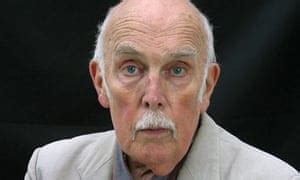A Quote by Hazel Henderson
The problem is, of course, that not only is economics bankrupt but it has always been nothing more than politics in disguise ... economics is a form of brain damage.
Related Quotes
My mother and my father taught me to look at the actual problem, not the face of it, not the veneer of it. So for me, I was never - I was impressed that it - racially, I was impressed, right, but now in America it's about economics, and it's been about economics, and honestly, everything's been about economics since I don't want to say the beginning of time, but it's been about economics for a long while.
I do sense, as compared with let's say the early '50s, there's somewhat more of a careerism. I don't think it's anything special to economics; it's equally true with physics or biology. A graduate education has become a more career-oriented thing, and part of that is because of the need for funding. In fact, that's a much worse problem in the natural sciences than it is in economics. So you can't even do your work in the natural sciences, particularly, and even to some extent in economics, without funding.
I think corporations should give more attention to this suffering and should wait to invest until there is a responsible government in Burma. I do not think it is a good idea to separate economics from politics; in fact, I do not think economics can be separated from politics It's quite understandable that many business concerns think only about their own profits It's up to the public to put as much pressure as it can on these companies, through shareholder resolutions and public actions.































